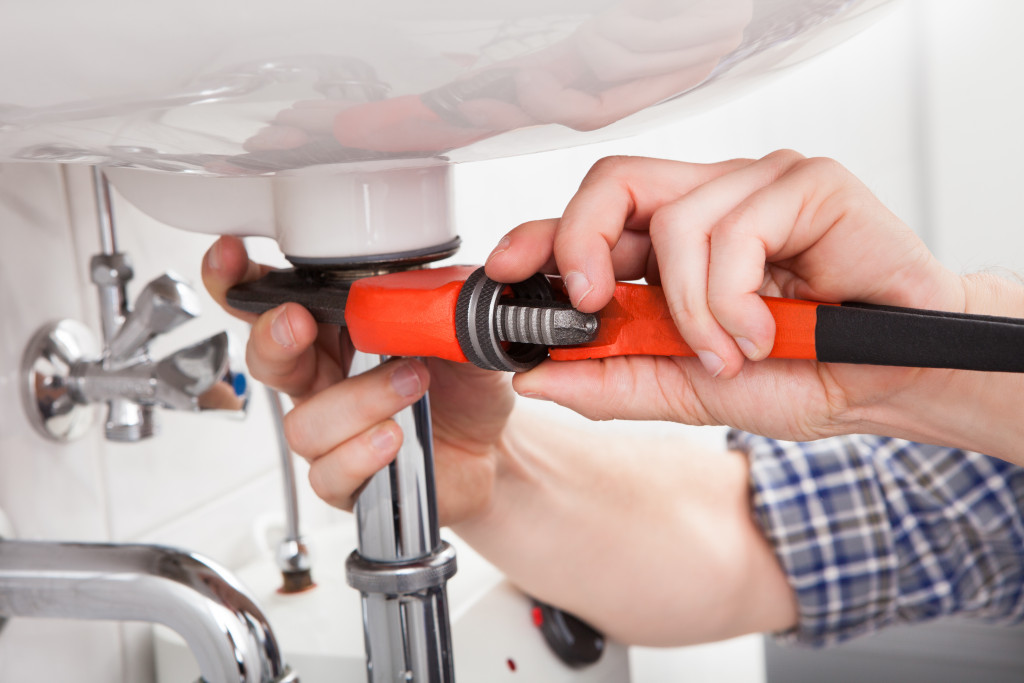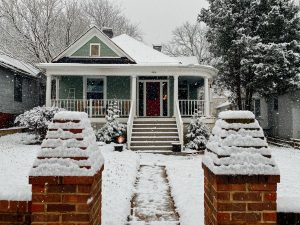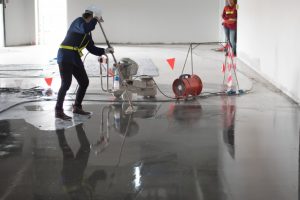Maintaining your home is one of the most important things you can do to keep your family safe and comfortable and protect your investment’s value. By following some simple tips, you can avoid many common problems and keep your home in good condition while saving money and the environment. Here are some tips to help you get started.
- 1. Keep your home clean.
- 2. Have your carpets deep cleaned regularly.
- 3. Repair leaky faucets and toilets.
- 4. Keep your kitchen and bathroom clean and dry.
- 5. Inspect your smoke detectors and carbon monoxide detectors regularly.
- 6. Have a defective garage door repaired promptly.
- 7. Change your air filters regularly.
- 8. Keep your HVAC system clean and tuned up.
- 9. Check the caulking around windows and doors regularly.
- 11. Patch small holes in walls and ceilings immediately.
- 12. Check the seals around your refrigerator and oven.
- 13. Replace your old appliances with Energy Star appliances.
- 14. Replace old light bulbs with LEDs.
- 15. Keep your water heater set to 120 degrees Fahrenheit or lower.
- 16. Inspect your roof regularly.
- 17. Keep your gutters clean.
- 18. Repair cracks in your driveway and sidewalks.
- 19. Trim trees and bushes around your home.
1. Keep your home clean.
That may seem obvious, but it’s essential to keep all areas of your home clean and free of clutter. Sweep and mop floors, vacuum carpets, and clean surfaces regularly.
2. Have your carpets deep cleaned regularly.
Carpets that aren’t deep cleaned regularly can become stained and matted. Deep carpet cleaning will make your carpets look better, and it will also help improve your indoor air quality.
3. Repair leaky faucets and toilets.
A leaky faucet may not seem like a big deal, but it can waste a lot of water over time. Fix any leaks in your plumbing as soon as you notice them.
4. Keep your kitchen and bathroom clean and dry.
Kitchens and bathrooms are two of the most common areas where mold grows. Keep these areas clean and dry, and fix any leaks right away.
5. Inspect your smoke detectors and carbon monoxide detectors regularly.
You should test smoke detectors at least once a month and carbon monoxide detectors every three months. If they’re not working correctly, have them fixed right away. Change the batteries in your smoke detectors and carbon monoxide detectors when you change your clocks for Daylight Saving Time.
6. Have a defective garage door repaired promptly.
Having a defective garage door can be dangerous, preventing you from taking out your vehicle in an emergency. Get immediate garage door repair to prevent this from happening.
7. Change your air filters regularly.
Replace air filters every three to six months, depending on the type of filter and the amount of use your HVAC system receives. Dirty filters can increase your energy usage and even lead to health problems.
8. Keep your HVAC system clean and tuned up.
A dirty or malfunctioning HVAC system can increase your energy usage and cause health problems. Have your HVAC system cleaned and tuned up at least once a year.
9. Check the caulking around windows and doors regularly.
If you can feel a draft coming through your windows or doors, you’re losing heat (or air conditioning) and wasting money. Caulking that is old and worn out can also allow water to seep into your home. Check caulking around windows and doors every six months and replace it if needed.
10. Insulate your home properly.

If your home isn’t adequately insulated, you could be losing money on your energy bills. Ensure proper insulation is installed in your home, especially in the attic and basement.
11. Patch small holes in walls and ceilings immediately.
Holes in walls and ceilings can cause the insulation to escape and lead to more significant problems. Patch any small holes as soon as you notice them.
12. Check the seals around your refrigerator and oven.
If the seals around your fridge or oven are defective, you could be losing energy. Check the seals every six months and replace them if needed.
13. Replace your old appliances with Energy Star appliances.
Appliances that have Energy Star certifications use much less energy than traditional appliances. Replace all of your old appliances with Energy Star certified appliances.
14. Replace old light bulbs with LEDs.
Traditional light bulbs use a lot of energy and produce a lot of heat. LEDs use much less energy and have very little heat. Replace all of your traditional light bulbs with LEDs.
15. Keep your water heater set to 120 degrees Fahrenheit or lower.
If you have a water heater set higher than 120 degrees Fahrenheit, you’re wasting energy and money. Set your water heater to 120 degrees Fahrenheit or lower to save energy.
16. Inspect your roof regularly.
Roofs should be inspected at least once a year, especially after a storm. If you notice any damage, have it fixed right away.
17. Keep your gutters clean.
If your gutters are clogged, the water will overflow and can damage your roof, eaves, and siding. Make sure to clean your gutters at least twice a year.
18. Repair cracks in your driveway and sidewalks.
Cracks in driveways and sidewalks can become more prominent over time, leading to costly repairs. Repair any damages as soon as you notice them.
19. Trim trees and bushes around your home.
Overgrown trees and bushes can provide a hiding place for burglars and create a fire hazard. Make sure to trim trees and bushes so that they don’t obscure your view or come too close to your home.
Home maintenance and prompt repairs are essential to the safety and comfort of your family. They also prevent your home from deteriorating and contribute to increasing its value. Furthermore, most home maintenance and repair projects can enable you to save money on your energy bills and help save the planet, as well. By following these tips, you can identify common household problems and learn how to fix them quickly and efficiently.






